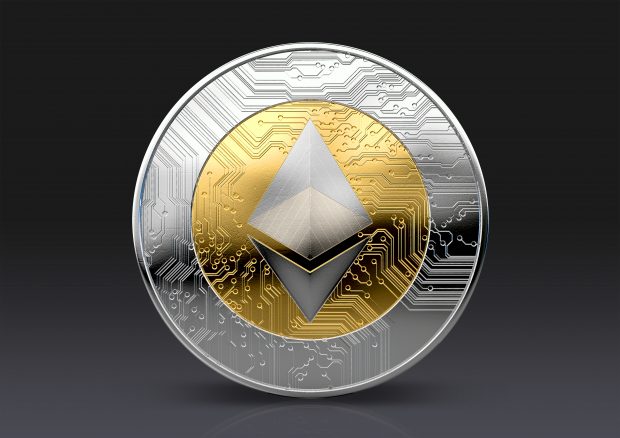I remember when I first went away to college.
It was only a couple hours away, and I lived in the dorms.
One of the things I did a lot in my senior year of high school was cycling.
Me and my buddy would go on these long rides a few days a week.
So when I got all unpacked, I was eager to explore my new world.
Way back in those days, we didn’t have GPS or anything.
So I had to look at an actual map, and then try and remember the names of streets.
Needless to say, I ended up getting pretty lost.
And I ended up going through some sketchy parts of town.
You can’t really tell that from a map.
When I finally found my way back (a few hours later), I decided on a different strategy.
I’d ditch the map, and just feel my way around.
I would start in small loops, and just keep slowly expanding the area that I would get familiar with.
About a month later, I had all kinds of cool rides.
That I discovered on my own, without needing any maps.
Loops that went up and down huge hills.
Long flat rides that went to the beach and back.
This is a good metaphor for how we behave, in the moment.
Looking at the map is like trying to consciously think everything out.
While just winging it and going by your gut is like acting without thinking too much.
Without getting in your own way.
One way seems easy at first, but it can end up being very limiting in the long run.
One way seems scary and difficult at first, but in the long run it is much, much better.
It’s very hard for us humans to do things that are unfamiliar.
Part of the reason we perceive a ton of risk when there’s none there.
Especially social risk.
Everybody is looking out into a crowd of strangers and thinking the same thing:
“I’d like to meet some nice people, but only if they go first.”
Luckily, there’s a way to recalibrate this thinking.
So you can feel just as comfortable around strangers as you do around lifelong friends.
Learn How:









